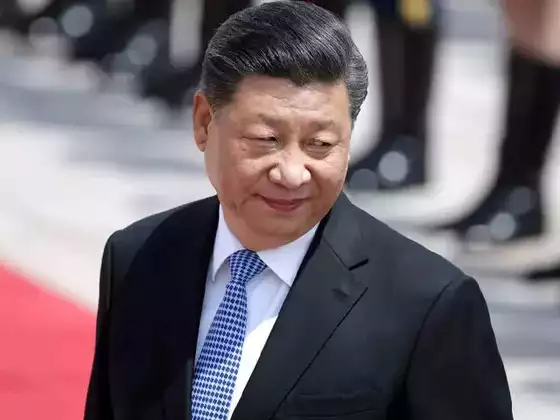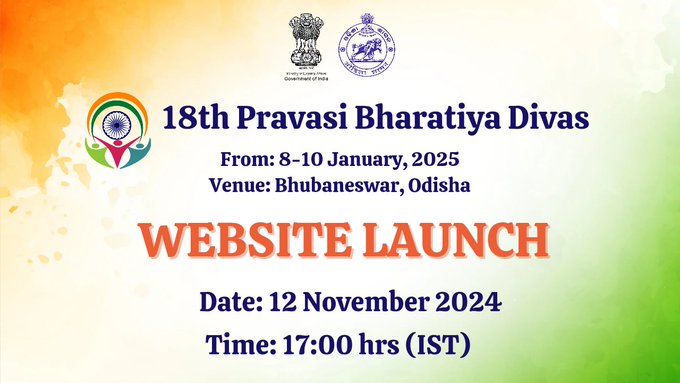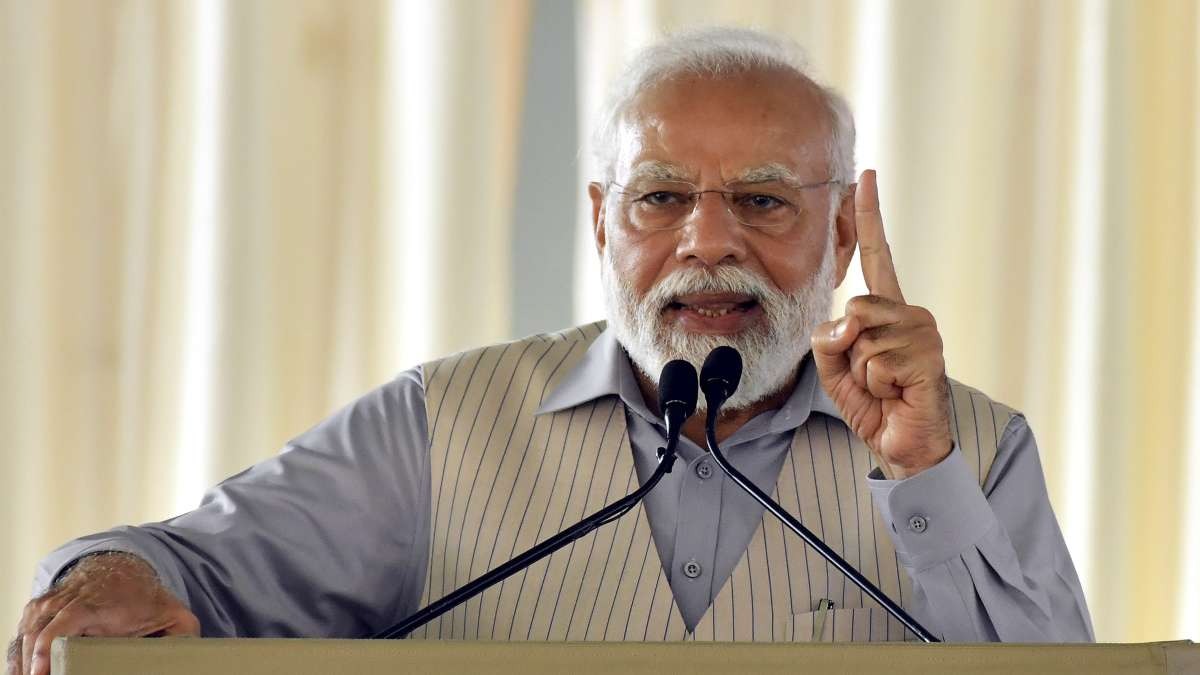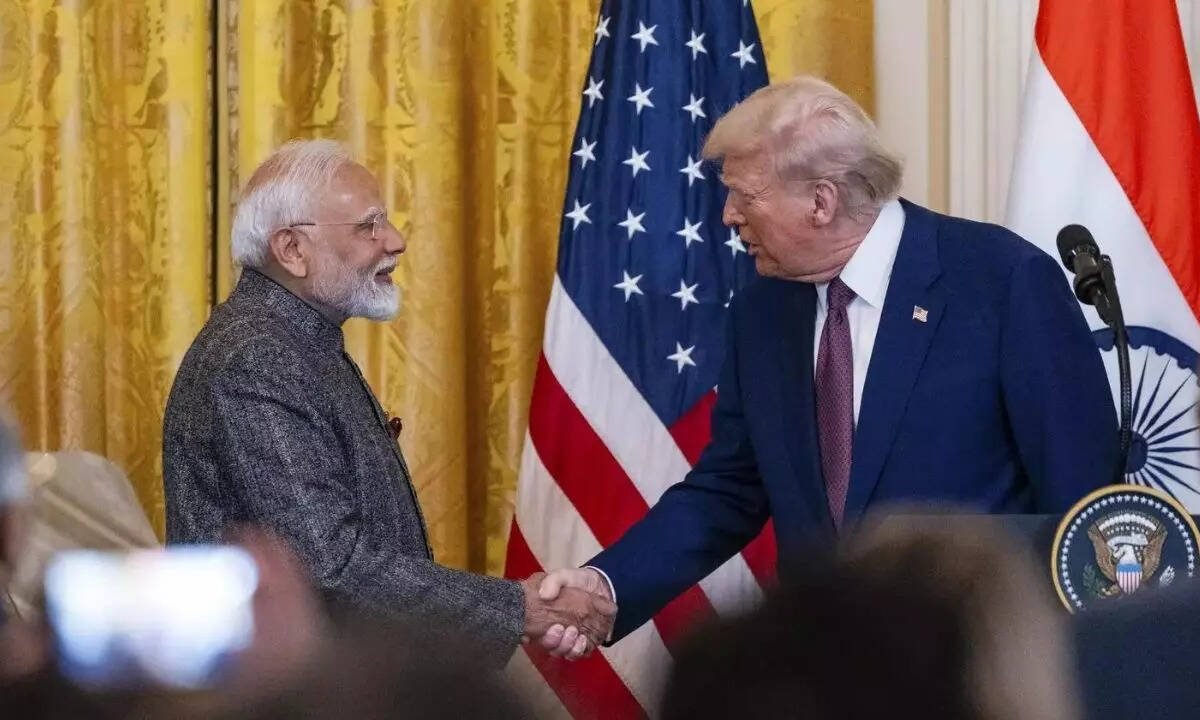-
The shifting policies across Australia, the U.S., and Canada underline the evolving domestic and economic priorities shaping global student mobility
-
While these countries continue to attract students from around the world, including India, the tightened regulations indicate that the path to obtaining an international education is becoming increasingly selective and challenging
Australia’s recent cap on international students poses new challenges for prospective Indian students, who face an increasingly complex path to study abroad, reported thefederal.com.
On August 27, Education Minister Jason Clare announced that Australia would limit its intake of international students to 270,000 for the 2025 academic year, a significant drop from previous years. This decision follows other restrictive measures, such as doubling visa fees, which are intended to prioritize “quality over quantity.” The new cap is the lowest in five years, a stark contrast to the 561,000 international students who enrolled in Australia just a year prior.
Indian students, who make up the second-largest group of international students in Australia after Chinese nationals, are expected to feel the impact of these restrictions the most. Recent declines in visa approval rates and the implementation of stricter visa policies signal a shift toward limiting foreign student numbers, a trend mirrored in countries like Canada and the United States. These changes stem from a mix of policy, economic, and geopolitical factors, reflecting a departure from the once open and welcoming approach to international student mobility.
Indian students may now need to plan further ahead, applying early and prioritizing public universities, where competition remains intense but outcomes tend to be more sustainable and balanced
The longstanding trend of Indian students pursuing higher education abroad stems from the English-language training prevalent in Indian education and limited opportunities at home. However, as reforms to India’s higher education sector remain slow, Indian students continue to seek alternatives in countries where admission standards are high yet opportunities to gain advanced skills are more accessible.
In the United States, immigration policies and visa restrictions have tightened since the Trump administration, driven by national security and job protection concerns. Previously, international students holding F-1 visas could freely participate in internships, research projects, or family visits outside the U.S. for up to five months. However, new regulations now require students to spend more time within the country, limiting their chances for international experience, often integral to academic programs.
Canada has also adopted a more cautious approach to student visas, with heightened scrutiny to prevent fraudulent applications and restrict the use of student visas as a pathway to permanent residency. Rising housing costs and shortages have further prompted Canada to reduce its intake, shifting its immigration policy to focus on skilled immigrants rather than temporary visa holders, including students.
Australia’s cap on student visas is part of its strategy to manage housing supply, job market stability, and the potential overpopulation of certain sectors. Indian students, in particular, have faced increased visa rejections since 2023, reflecting Australia’s attempt to regulate migration while addressing the high demand for international education. Recent visa trend analyses reveal that while Indian applications to Australian universities rose between 2020 and 2023, rejections climbed at a faster pace.
***********************************************************
Readers
These are extraordinary times. All of us have to rely on high-impact, trustworthy journalism. And this is especially true of the Indian Diaspora. Members of the Indian community overseas cannot be fed with inaccurate news.
Pravasi Samwad is a venture that has no shareholders. It is the result of an impassioned initiative of a handful of Indian journalists spread around the world. We have taken a small step forward with the pledge to provide news with accuracy, free from political and commercial influence. Our aim is to keep you, our readers, informed about developments at ‘home’ and across the world that affect you.
Please help us to keep our journalism independent and free.
In these difficult times, running a news website requires finances. While every contribution, big or small, will make a difference, we request our readers to put us in touch with advertisers worldwide. It will be a great help.
For more information: pravasisamwad00@gmail.com








